|
An auspicious debut that doesn't sound like a debut: although only 23,
Jackson Browne had kicked around the music business for several years
and developed an unusual use of language, studiedly casual yet full of
striking imagery, and a post-apocalyptic viewpoint to go with it. He sang
with a calm certainty over spare, discretely placed backup that highlighted
the songs and always seemed about to disappear. In song after song, Browne
described the world as a desert in need of moisture: in "Doctor My
Eyes," the album's most propulsive song and a Top Ten hit, he sang,
"Doctor, my eyes/Cannot see the sky/Is this the prize/For having
learned how not to cry?" If Browne's outlook was cautious, its expression
was original. His conditional optimism seemed to reflect hard experience,
and in the early '70s, a lot of his listeners shared that perspective.
Like any great artist, Browne articulated the tenor of his times. But
the album has long since come to seem a timeless collection of reflective
ballads touching on still-difficult subjects -- suicide (explicitly),
depression and drug use (probably), spiritual uncertainty and desperate
hope -- all in calm, reasoned tones, and all with an amazingly eloquent
sense of language. Jackson Browne's greater triumph is that, having perfectly
expressed its times, it transcended them as well.
(by William Ruhlmann, All
Music Guide)
|
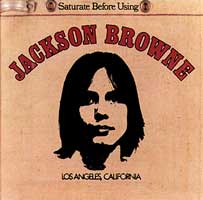 auf erweiterter Jahresliste
auf erweiterter Jahresliste  Plattentipp
Plattentipp 







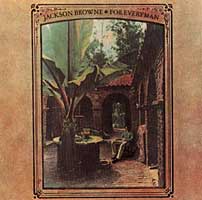
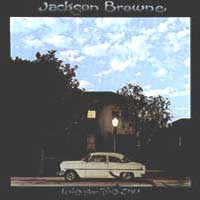
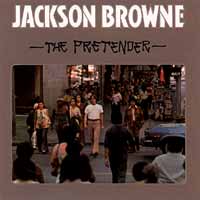
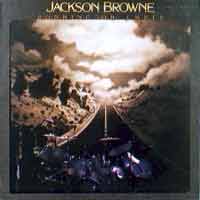
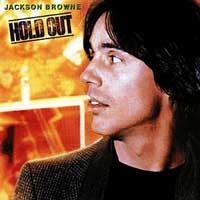



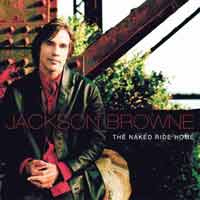

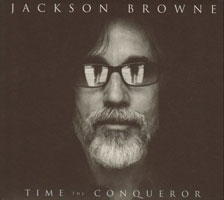
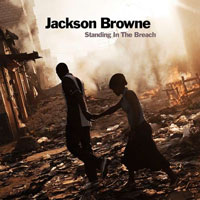
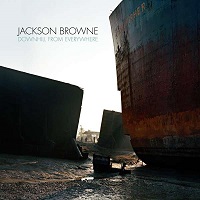
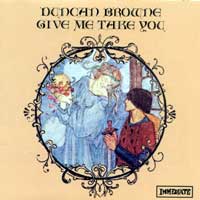
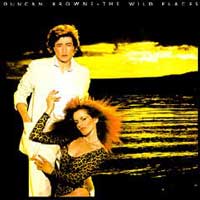
 #103 Rock Critics Choice(1978)
#103 Rock Critics Choice(1978) 